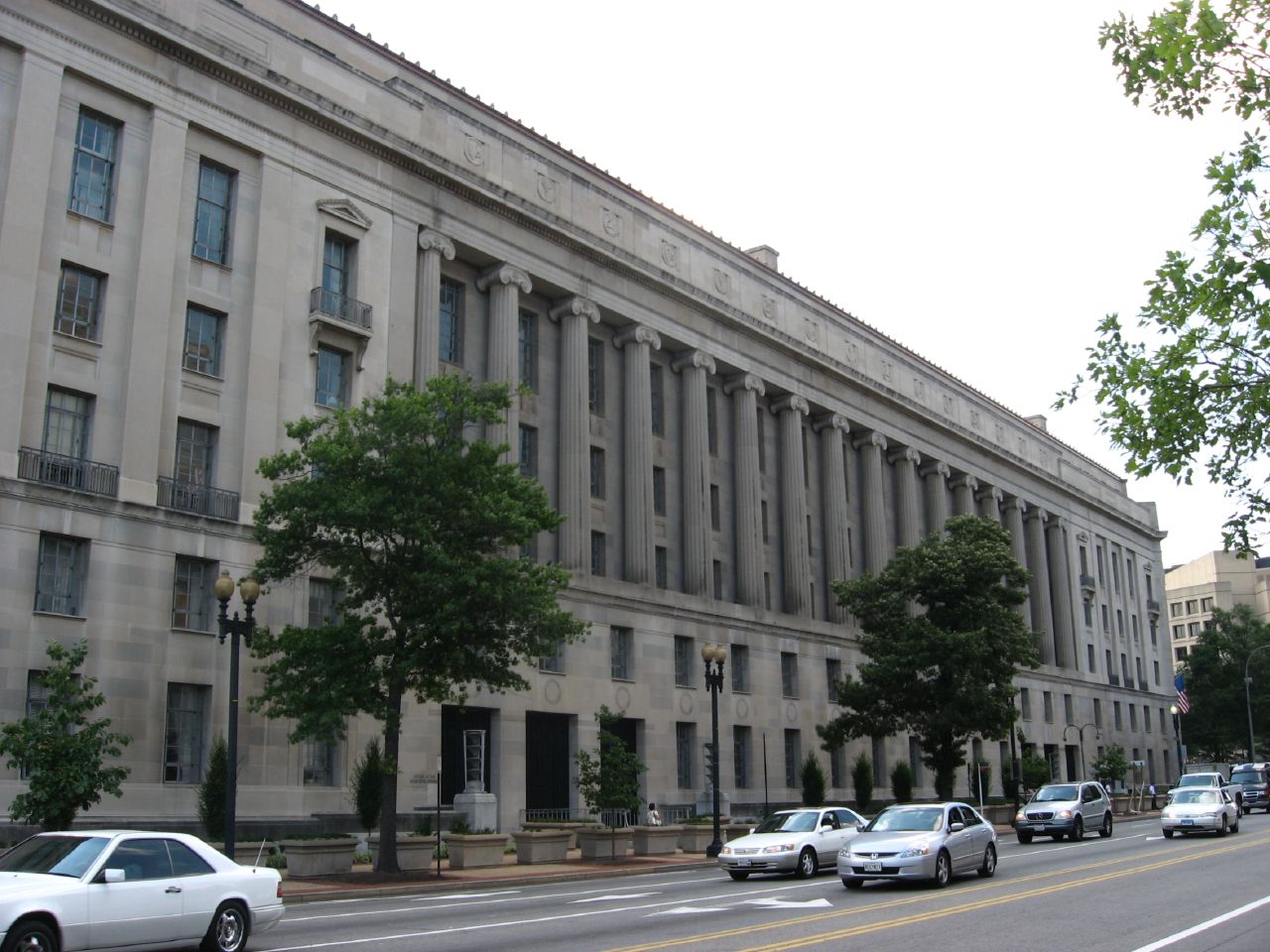
The courses may feature law and technology experts as professors, rather than the iconic Prof. Kingsfield from the movie The Paper Chase, but classes in a blockchain law course will start later this month. The University of New Hampshire School of Law is the first law school in the United States to offer a program in blockchain-related topics.
“Blockchain technology is poised to disrupt virtually every industry on a global scale,” said Tonya Evans, the Chair of Intellectual Property & Technology Online Programs at UNH Law. “It has far-reaching impacts, especially for the legal field as we navigate through a new regulatory, financial and business environment.”
The UNH program will include four required courses and one elective and will provide participants with an overview of blockchain technology, cryptocurrency, and smart contracts.
Classes begin January 22, 2019, and will be offered entirely online. The cost of the certification program is $7,875.







